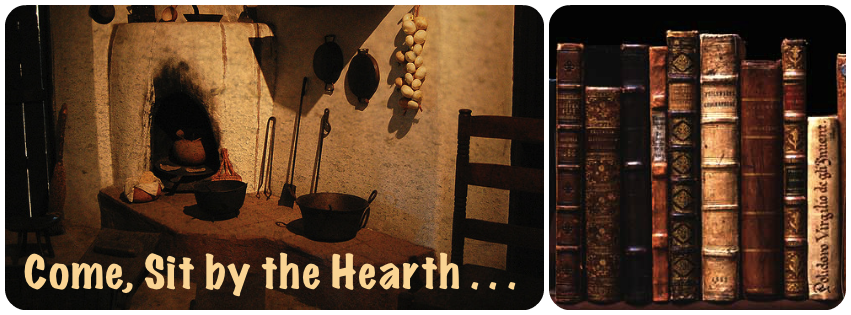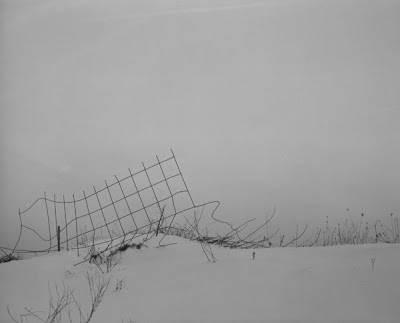
Well, your wait is over.
Katie Evans-Bush has risen to the challenge. Here is a small piece. Follow the link (her name) for the rest.
The Love Ditty of an ’eartsick Pirate
It’s time we be goin’, me hearty, avast!
When the night’s nailed up its colours to its mast
Like some swab loaded to the gun’les ’n’ lashed to the plank;
Arr, make our way by th’ ghosty ports o’ call,
The bloody Triangle,
Quietin’ the parrots, kippin’ in dens of iniquity,
Where the scraps o’ the earth mixes with the scrapin’s o’ the sea:
Down alleys where ye argues if ye durst:
The forebodin’ of th’ accursed:
An’ all to get ye to the point of a certain little matter …
Nay, never ask what it may be,
There be a gentleman I’d like ye to see.
In yon chamber the ladies do perambulate
a-jabbering o’ some oilpaint addlepate.
Arrr, th’mist what do rub itself upon yon portholes,
Th’ ghoulish-coloured mist that be rubbin’ its muzzle on yon portholes
Licked its chops round the corners o’ the evenin’ as if it was ship’s biscuit,
Wafted over yon pools o’ seeping bilgewater,
Lettin’ the smokestacks mark it wi’ their black spots o’ smuts;
Crept up past the crow’s nest for to ambush wi’ a sudden leap,
And, seein’ no land nor nary a star, nay, only the soft poetic lappin’ o’ the waves,
Curled itself round about and aye fell into a slumber like that o’ the deep.
And lo! the clock will tick but slow
For the sallow smoke upon yon promenade,
Aye swabbin’ the portholes as it goes among ’em;
Ye’ll hear the ticks but few, the tocks but far between,
As ye be composin’ yersel’ t’engage with yon privateers;
There’ll be time to do yer scurvy worst, and aye to mend yer sails,
And time itself’ll becalm all the works and days of hands
That do raise up an’ be a-placin’ o’ the black spot upon ye, the curs;
Becalmed, we’ll be, both you an’ me,
Time’ll be fer makin’ and fer breakin’ consort,
Time’ll be fer full tack an’ fer comin’ round again,
Afor the chowder an’ rumfustian.
In yon chamber the ladies do perambulate
a-jabbering o’ some oilpaint addlepate. . . .
 What you do with time
What you do with time














































